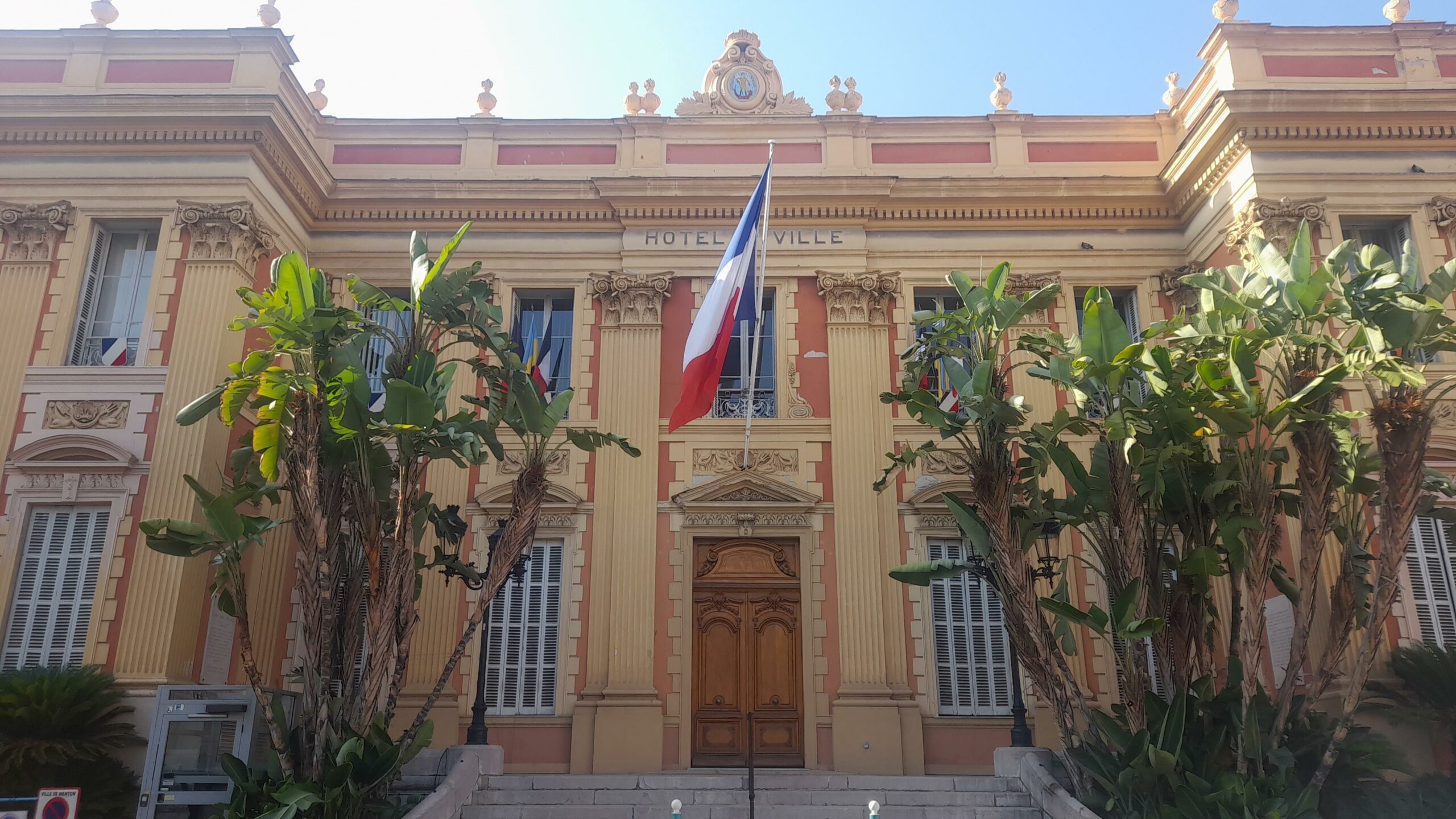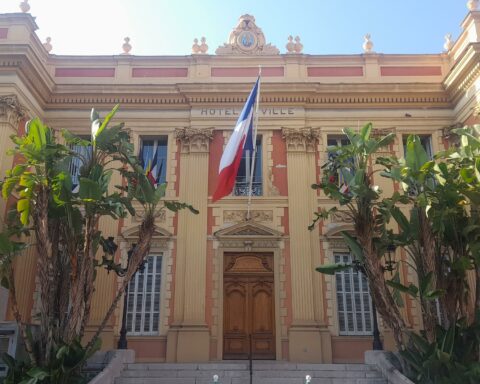Infrastructure projects form the backbone of the Dutch economy and society. The construction, financing, and operation of roads, railways, ports, airports, telecommunication networks, energy supplies, and public buildings such as hospitals or universities take place within a complex web of public law frameworks. Allegations of (a) financial mismanagement, (b) fraud, (c) bribery, (d) money laundering, (e) corruption, or (f) violations of international sanctions can completely paralyze any part of such a project. Delays in tendering and permitting processes, the withdrawal of bank guarantees, suspension of EU subsidies, and the inability to issue concessions are direct consequences. To prevent this, a detailed legal setup, strict governance, and ongoing risk monitoring are indispensable.
Roads and Highways
The construction and management of national and provincial roads occur through public law concessions or DBFM(O) structures. Financial planning includes annual maintenance budgets, capital-intensive investments in infrastructure and safety systems, and the coverage of sustainability goals such as noise barriers and eco-ducts. Careless financial oversight can lead to budget deficits and delays in maintenance, with penalties imposed by Rijkswaterstaat or provincial enforcement measures. Fraud in tender documents—such as falsifying reference projects or incorrect cost models—forces the annulment of awards and the restart of tendering processes. Bribery of officials in relation to changing speed limits or infrastructure inspections results in the nullification of decisions, suspension of payments to contractors, and legal claims from competitors. Money laundering schemes, involving fictitious subcontractors, and sanctions violations in the import of asphalt emulsions, make toll collection systems vulnerable to financial and reputational risks.
Rail Connections and Ports
Realistic construction of rail corridors and the expansion of port facilities require approval under the Railway Act, the Spatial Planning Act, and the European TEN-T regulation. Large infrastructure projects, such as HSL routes and container terminals, are subject to environmental impact assessments (EIA), Natura 2000 tests, and deep-water dredging permits. Financial mismanagement in joint arrangements between ProRail, municipalities, and carriers undermines investment certainty and causes delays in tendering by the Schadefonds FES. Fraud risks arise from manipulating safety data (train braking or ballast measurements) or false dredging reports to reduce costs. Bribery in the allocation of transshipment contracts at seaports undermines the integrity of commissions and leads to the suspension of permits by the Environmental and Transport Inspectorate. Money laundering through structured storage and transshipment fees and sanctions violations in the import of sanctioned goods (e.g., Russian coal) can lead to freezing of port accounts and immediate shutdown of shipping routes.
Airports and Telecommunication Networks
The expansion of terminals, the construction of runways, and the installation of data networks at airports fall under the Aviation Act and the Telecommunications Act. Concession agreements for airport services are linked to security and environmental requirements, such as noise contours and CO₂ performance standards. Financial imbalance due to underestimated CAPEX for radar and fire protection installations or telecom standards (5G rollouts) can lead to the withdrawal of permits and fines by the Environmental and Transport Inspectorate, the Telecom Agency, and the ILT. Fraud in spectrum auction documents or false signal strength measurements results in the cancellation of allocations by the Ministry of Economic Affairs and Climate. Bribery in the allocation of mast or transmitter permits undermines market competition and results in the cancellation of permits and civil claims from affected telecom companies. Money laundering via obscure leasing agreements for transmission installations and violations of export and import sanctions on telecom components undermine the continuity of strategic data networks.
Energy and Heat Infrastructure
The production, distribution, and delivery of electricity, gas, heating networks, and charging points for electric vehicles fall under the Electricity Act, Gas Act, Heat Act 2.0, and the Grid Code. Concession granting for network management and Power Purchase Agreements (PPAs) require detailed financial models, coverage of CO₂ costs, and additional SDE++ subsidies. Mismanagement in tariff models or underestimation of remediation obligations in biomass plants leads to additional levies by the Consumer and Market Authority and withdrawal of SDE allocations. Fraud in kWh measurement or false reports for GHG emissions results in the recovery of subsidies and civil claims from network operators. Bribery in tariff assignments or approval for the construction of wind or solar parks leads to the suspension of grid connection permits. Money laundering schemes via fictitious leasing companies for charging infrastructure, and sanctions violations in the delivery of components from sanctioned countries, undermine investment certainty.
Public Buildings and Complex Tender Specifications
Contractors for stadiums, auditoriums, prisons, government buildings, hospitals, schools, and universities use DBFM and DBFMO models in which design, construction, financing, maintenance, and operation are integrated. Risk and risk allocation tables, guarantee mechanisms, and multi-party trustee structures ensure continuity and prevent financial mismanagement. Fraud in as-built documentation or phantom invoicing in maintenance contracts leads to the withdrawal of guarantees and prolonged arbitration proceedings. Bribery in the appointment of building committees or the awarding of service contracts results in the annulment of decisions and criminal prosecution. Money laundering risks manifest through fictitious renovation and maintenance invoices, and sanctions violations in the import of construction materials from sanctioned areas can abruptly halt the completion of essential public facilities. Strict vetting of tender specifications on legal, technical, and integrity criteria is therefore essential.
Governance, Liability, and Dispute Resolution
Robust governance structures with clear mandates, internal audit committees, and regular due diligence prevent public law risks. The liability of directors and supervisors can be enforced civilly, administratively, and criminally, including through provisional measures in summary proceedings and criminal investigations by the Fiscal Intelligence and Investigation Service (FIOD). Disputes are generally handled by the administrative court (permits, concessions) or the civil court (contractual claims), and in complex technical matters, by arbitration tribunals. Extensive pre-procedures—pre-litigation advice, mediation, or expertise panels—limit reputational damage and ensure the progress of critical infrastructure projects. An integrated compliance approach, including sanction screening, anti-fraud measures, and transparency in financial management, is essential to prevent the suspension or termination of infrastructure activities.









